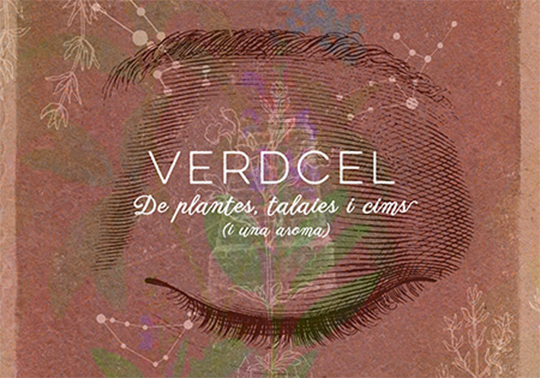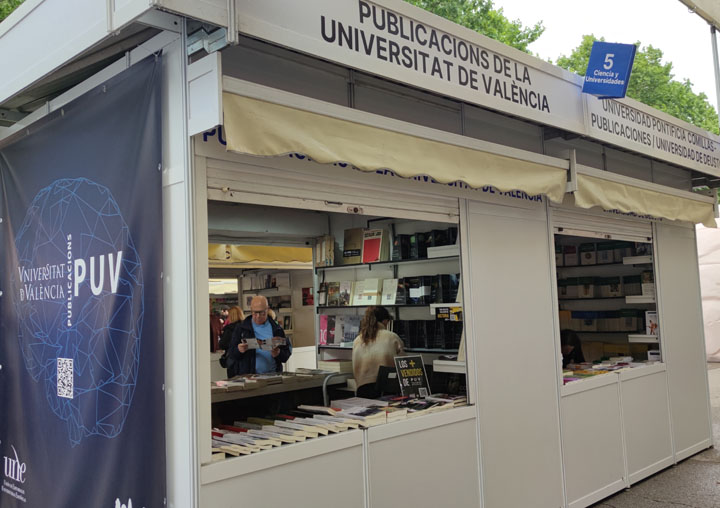VerdCel presents its recording and literary work at La Nau
- May 3rd, 2017

The project VerdCel presents its last work at the Cultural Centre La Nau of the Universitat de València this Thursday 4 May. ‘De plantes, talaies i cims (i una aroma)’ is a book-disc recorded under the production and collaboration of Carles Dénia and Valen Nieto, where the protagonist element of the songs is ‘earth’. With this new work, Alfons Olmo from Alcoy mixes the singer-songwriters and the pop song with different Mediterranean, Iberian, Andean or Afro-American music.
The event, which is included in the programming of the Fòrum de Debats of the Universitat de València, will involve the two authors, Alfons and Daniel Olmo, the publisher Dolors Pedró (edicions96) and the musician and producer Lluís Miquel Campus. At the end of the event, VerdCel will play two songs of this last work.
This is the seventh disc of the studio of VerdCel. This musical proposal was founded in 2000 and work with plastic, poetic and theatre aspects in order to offer us books, discs, audiovisual works and interdisciplinary shows. During these years, Alfons has dedicated some of his works to Ovidi Montllor (Del cor a les mans), Raimon (Petjades) and other authors and singers (Òrbites, Poetes i cançons).
De plantes, talaies i cims (i una aroma) includes 14 songs which are intertwined with 150 colour pages with illustrations, poetry, prose and essay. CD-book, or disc with personal plastic and literary universe.
When it comes to the literary aspect, it includes texts in the different chapters that suggest a concrete theme. Moreover, there is a relationship and a certain narrative in the contents that appear. There are verse, prose, thoughts, texts that interact with the argument which stablish the order of the songs and the chapters of the book. The songs are extended, divided, contextualised, explained or used to start the following chapter.
With this album, VerdCel shows a hybrid perspective with a wok whose roots are inside and the fruits outside. It starts from an avant-garde song and arrives at the origins of music. Thanks to Carles Dénia, this journey ends with modern sounds.
File in: Centre cultural La Nau , Llibres i revistes , Música, Musicología



.jpg)












